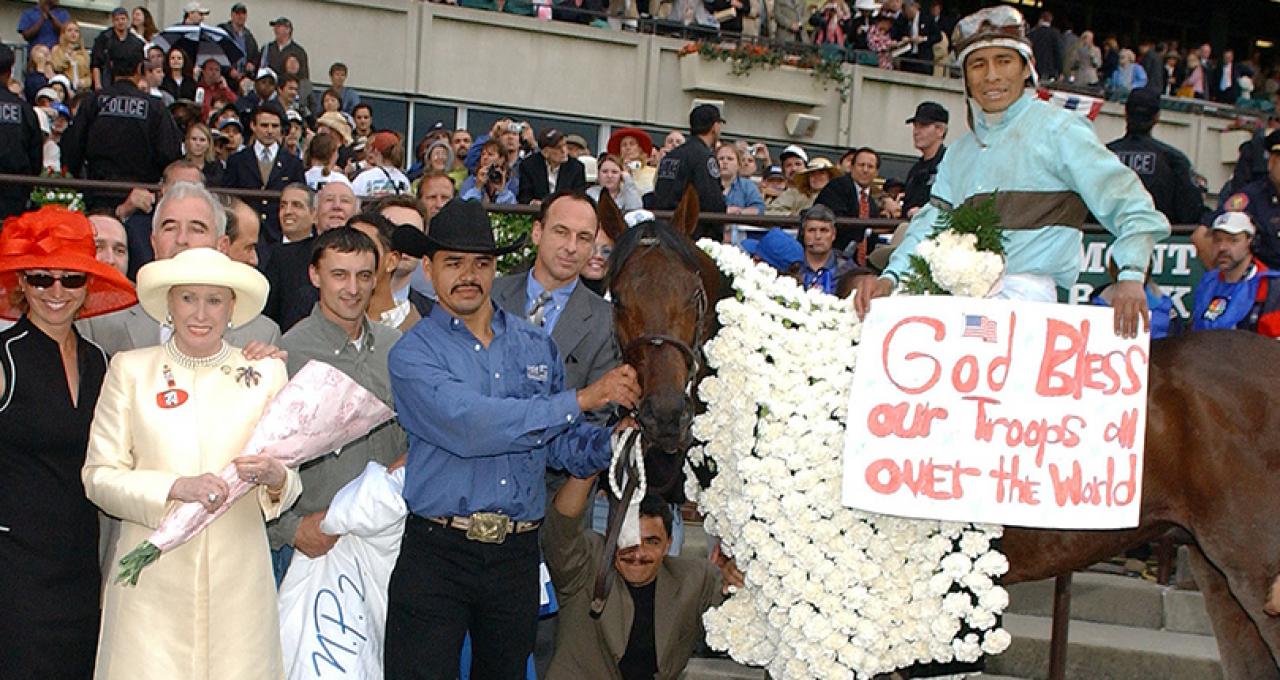
In Their Own Words: Marylou Whitney on Birdstone's Upset of Smarty Jones for 'The Most Glorious Day of My Life'
by Tom Pedulla
Paid banners below are not related to Belmont Stakes Ticket Sales.
The New York Racing Association is presenting a weekly series of diaries to help celebrate the 150th Belmont Stakes on June 9 at Belmont Park. "In Their Own Words" features prominent owners, trainers and jockeys as they re-live some of the most stirring moments in the rich history of the "Test of the Champion."
The series opened with trainer Todd Pletcher taking readers behind the scenes to understand the bold decision to enter Rags to Riches in the 2007 Belmont and his emotions during the scintillating stretch duel with Curlin. Rags to Riches joined Ruthless (1867) and Tanya (1905) as the only fillies to win the marathon.
Following Pletcher's recollections was a diary from Cot Campbell, an innovator in creating racing partnerships. He remembers "the mother of all great moments" for him, when Palace Malice rebounded from a disastrous Kentucky Derby to win the Belmont in 2013.
This third diary featured Ogden Phipps II, a fourth-generation owner and breeder who was recently appointed to NYRA's Board of Directors.
This week's iteration features Marylou Whitney, celebrated as the "Queen of Saratoga" and one of the most prominent women in racing history, who tells of the day she sent Birdstone to upset Smarty Jones in 2004.
Future diaries will feature:
Jockey Steve Cauthen takes readers along for the ride when Affirmed denied Alydar for the third time in their monumental Triple Crown trilogy in 1978.
Trail-blazing jockey Julie Krone shares her emotions in becoming the first female rider to win a Triple Crown race, aboard Colonial Affair in 1993.
Ahmed Zayat recounts the 2015 romp that allowed the great American Pharoah to end the longest drought in Triple Crown history.
Ron Turcotte reflects on one of the great athletic feats of all time, human or equine, when Secretariat moved "like a tremendous machine."
Here is the fourth installment:
By Marylou Whitney with Tom Pedulla
We came to the Belmont Stakes (in 2004) to see Smarty Jones win and complete the Triple Crown. I just wanted my Birdstone to be in the money.
I remember there was a huge crowd and so much excitement. Everyone loved Smarty Jones and everyone was betting on him. He was bred in Pennsylvania and had never lost. It was like going to see a great movie star. My husband, John Hendrickson, and I were like everyone else. We just wanted to get a look at him.
Birdstone was always special to me. I used to go to the foaling barn every night. It was one of my favorite things to do. There is nothing like seeing a new life come into the world. You feel so alive yourself.
I was there when Birdstone was born. When that happens, you always feel a great connection to your horse. I wish everyone could experience that. You never know what kind of horse he will be. It is a job just to get him to the track.
No one thought Birdstone could win. I did. Nick Zito, our trainer, had done a wonderful job with him. He had wonderful help. They all worked together so beautifully to get the horse ready.
Smarty Jones had never lost. He went for the lead right away in the Belmont, but he was working hard. Our jockey, Edgar Prado, had Birdstone running easily much farther back before they started to rally.
Everyone was cheering for Smarty Jones when he led turning for home. I never heard so much noise. Birdstone was the only horse with a chance to catch him. He was gaining on him all the time -- and then he swept past him. It was a wonderful race. You get into racing for races like that. I almost fainted. I couldn't believe it.
No one could believe it. The crowd fell silent. Fans were terribly disappointed. I wanted to get to the winner's circle. There were so many people, I could not get through the crowd. Two young men saw the trouble I was having and they carried me there. I appreciated them so much. They were thrilled to have their pictures taken. They had never been to the winner's circle.
I hugged Edgar Prado. "You are the best jockey," I told him. He was great because he held Birdstone back a bit and waited to move. I was so happy for Nick Zito. He had tried many times before to win the Belmont. Now, he had.
I apologized to Mrs. (Patricia) Chapman (owner of homebred Smarty Jones with her husband, Roy). She was a wonderful lady. "I'm sorry we beat you," I told her. Prado apologized and told reporters he was just doing his job.
Mrs. Chapman was very gracious. "You had the best horse," she said. "You deserved to win."
We have a farm in Lexington, Ky., where we keep many retired thoroughbreds. John and I try to be there for as many horses as possible and make sure they are well cared for. I wish every horse owner did that.
I enjoy visiting Birdstone at Gainesway Farm. Gainesway used to be mine. They treat me as if it is still mine. Antony (Beck, president of Gainesway Farm) is terrific with the horses and he has wonderful help.
I think Gainesway is one of the most beautiful farms in the world. They keep it better than we ever did. It is glorious, so I am as happy as a lark there. When I see Birdstone, I think of the day he beat Smarty Jones, the most glorious day of my life.


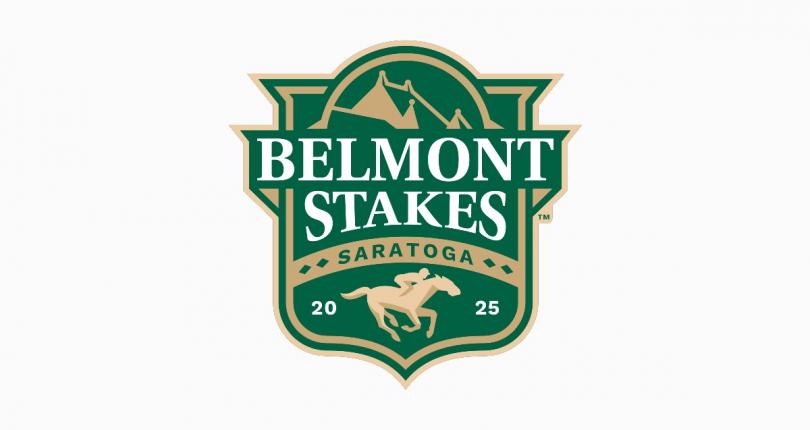
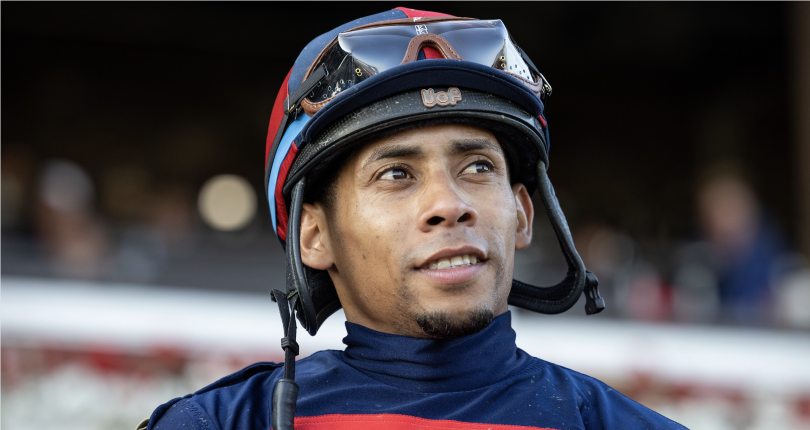
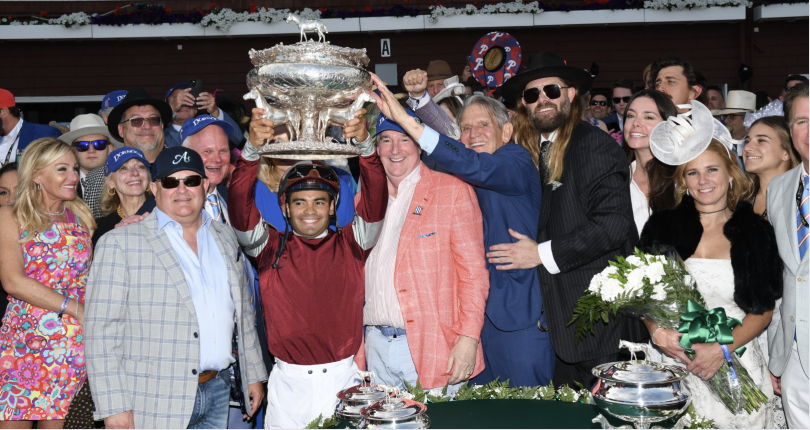
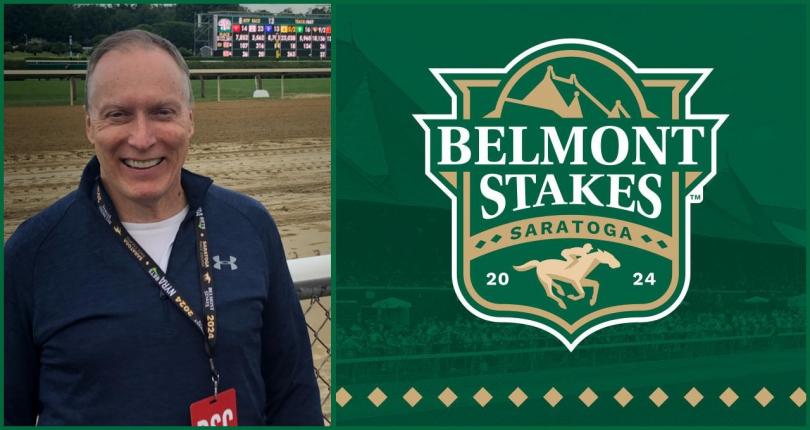
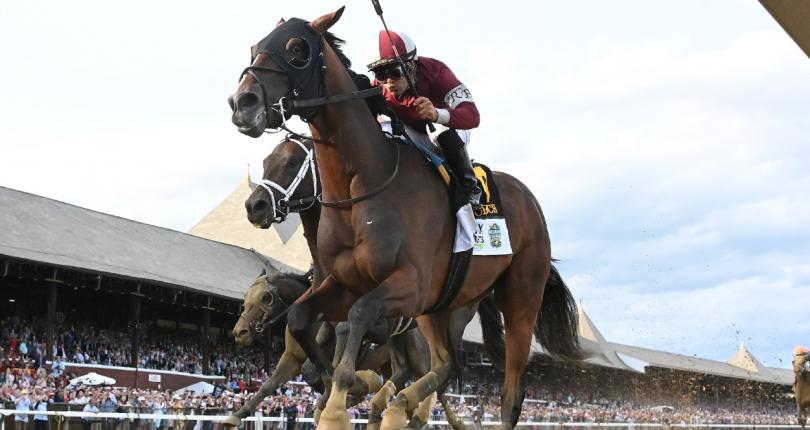
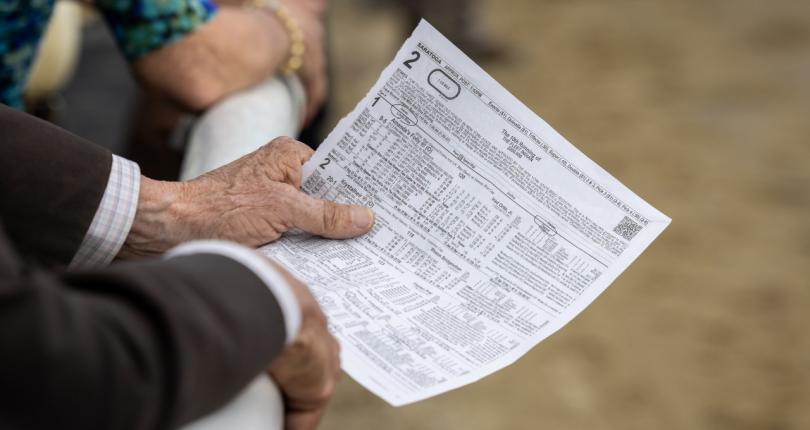
 Gambling Problems? The New York Racing Association encourages responsible wagering. If gambling is a problem for you or someone you care about, help is available 24 hours a day. Scan here to talk with someone now about your gambling. Or call toll-free 1-877-8-HOPE-NY.
Gambling Problems? The New York Racing Association encourages responsible wagering. If gambling is a problem for you or someone you care about, help is available 24 hours a day. Scan here to talk with someone now about your gambling. Or call toll-free 1-877-8-HOPE-NY.